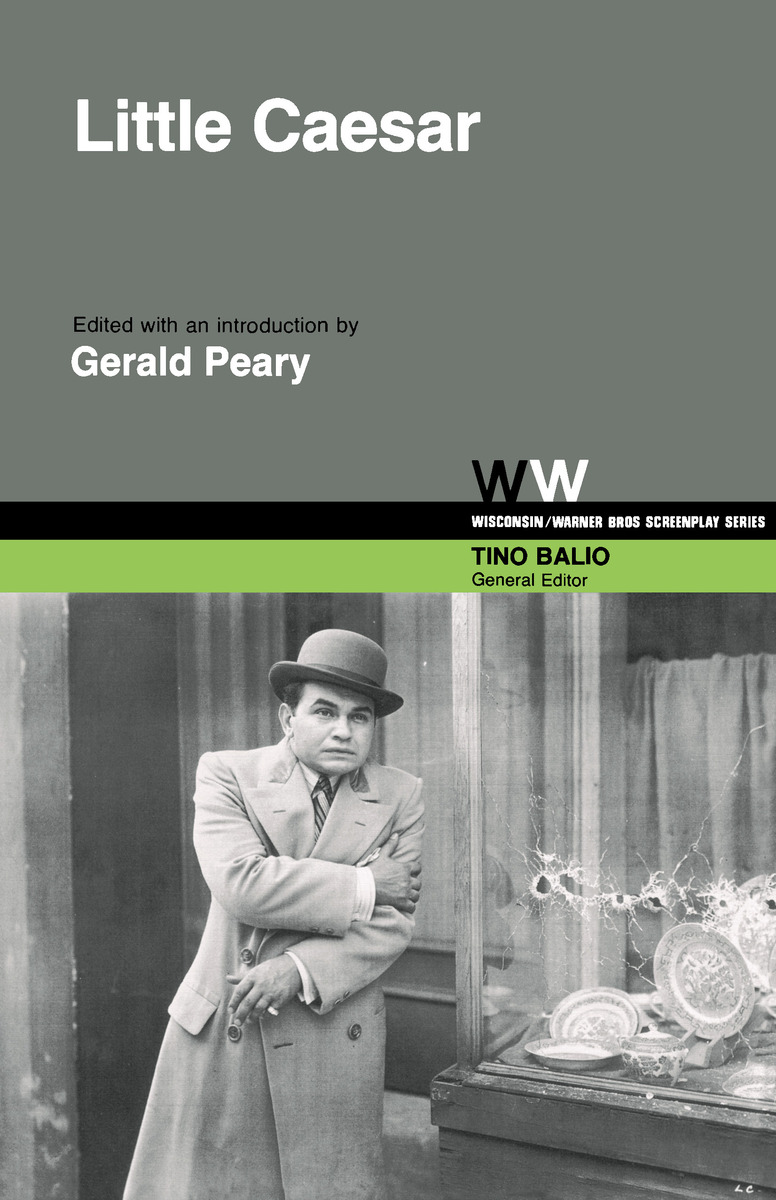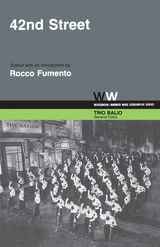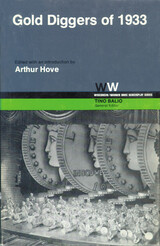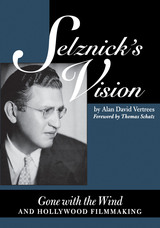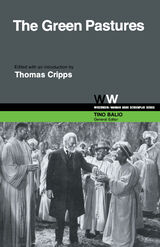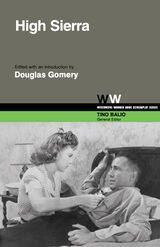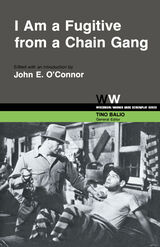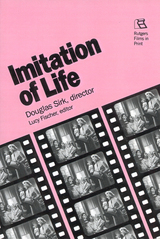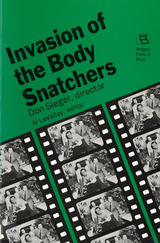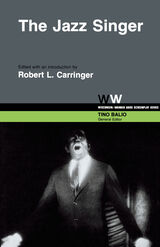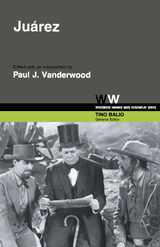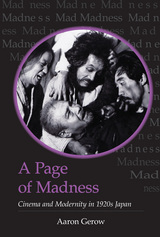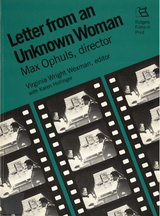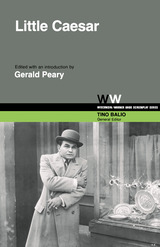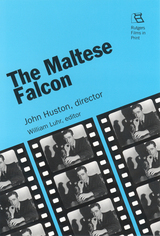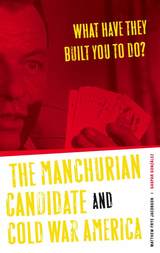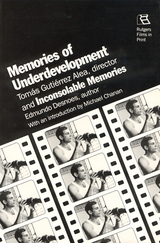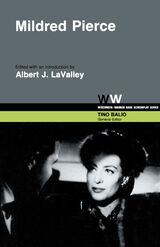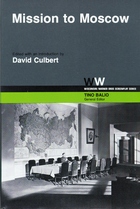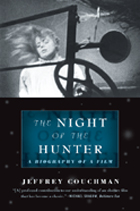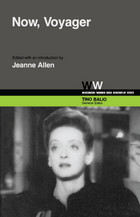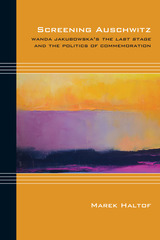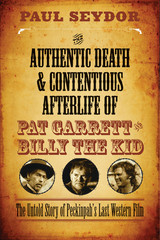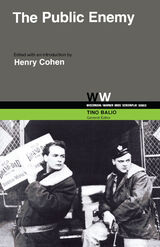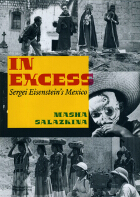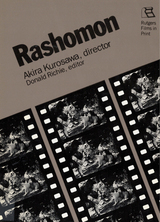Paper: 978-0-299-08454-7 | Cloth: 978-0-299-08450-9
Library of Congress Classification PN1997.L589
Dewey Decimal Classification 791.4372
Little Caesar, a 1931 Hollywood gangster classic, is viewed in revivals today with nearly as much audience enthusiasm as it enjoyed a half-century ago, in the depths of the Great Depression.
In general, the Hollywood film industry responded to the dark economic conditions of the 1930s with escapist and non-topical films. The fascinating exception was the gangster film, through which the studios joined in the debate over the spiritual and economic health of the nation. Little Caesar, considered by many to be an architype of the genre, is one of the most memorable dramatizations of the discontent and alienation, the deep anxiety and hostility shared by millions of Americans during those dark years.
See other books on: Balio, Tino | Film | History & Criticism | Little Caesar | Screenplays
See other titles from University of Wisconsin Press
